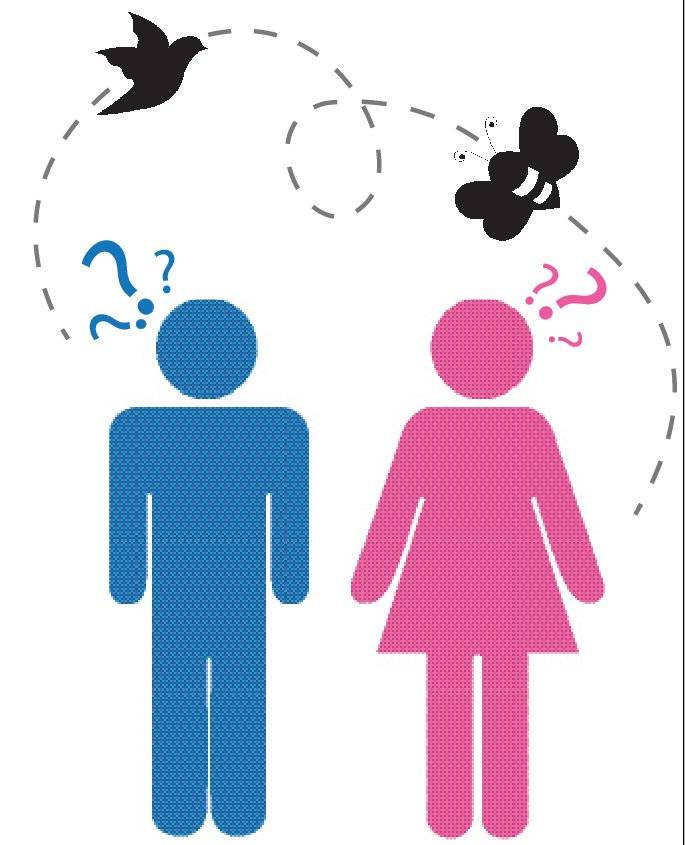The world today in the 21st century has turned into a global village. Internet, television, and other sources of information have wised us up a lot. In this bombardment of information, parenting has become an easier and a harder task at the same time. Now it’s not about what but HOW to educate our kids regarding different issues, particularly sex education.
As kids reach puberty, there are lots of changes taking place in their bodies that may affect their daily lives, their feelings, their relationships with others and how they see their selves. Life can be really confusing as they deal with these changes but it can also be exciting and wonderful.
In fact, during early adolescence females are introduced to the menstruation cycle, their bodies become curvier, gain weight, their muscles get bigger and stronger. Boys, on the other hand, may notice getting an “Adam’s apple” - this is their voice box getting larger and sticking out at the front of the throat. Their voice may seem to be all over the place, squeaky then deep or even sounding like it is cracking, but don’t worry, it gets fixed soon. Boys gain wait, their shoulders get wider, hair growth increased on their body and they might experience erection and ejaculation for the first time.
In general, both boys and girls have to deal with changing body shape, mixed up feelings and mood swings, and even people might start responding to them differently. Some may talk to them in an embarrassing way or touch them, where they don’t want to be touched. Don’t worry, there is no need to get panicked. Tell such people that you do not like their behaviour. Talk to your parents or friends about the changes in your body. Parents must also listen to their children and educate them that these changes are pretty normal.
Sexuality is an integral part of each person’s identity. Learning about sexuality and sexual health and well-being are lifelong processes that begin with birth and continue throughout our lives but in Pakistan, far too few children and young people receive anything approaching adequate sex education. Open discussion of sexual matters with trusted adults is usually absent at all levels, especially at the time, when it is most needed. Adolescents aren’t allowed to play and interact together when they touch their age of physiologically normal puberty. Girls are taught to wear scarfs, they are told not to go out alone. In co-ed schools, girls and boys get separate classes for teaching, but nobody tells them what is exactly going on with their bodies.
This, in turn, is compounded by the pervasive, confusing and even negative discussion about sexuality and gender. Sexual violence and harassment starts early and these issues in return, may contribute to create and sustain vulnerability to coercion, abuse and exploitation which leads to street harassment, bullying, sexual violence, rape and many other gender based crime.
Since sexual assault is an offence against society, Pakistan’s constitution condemns such gender based crimes but such policy solutions are too often reactive and limited. This means that policy makers must connect the norms that perpetuate sexual violence with the need to prepare young people to engage in healthy relationships from an early age, which is a core component of comprehensive sex education.
To be sure, a problem as prevalent and deeply rooted as sexual violence requires a multi-dimensional, multi- sector response. Sex education at an early age is an investment in our children’s future, and at the core of any such policy response must be comprehensive sex education program in our schools. It helps young people gain a positive view of sexuality and to provide them with developmentally appropriate knowledge and skills so that they can make healthy decisions about their sex lives now and in the future. They tend to learn how to build healthy relationships and prevent sexual violence in our communities.






